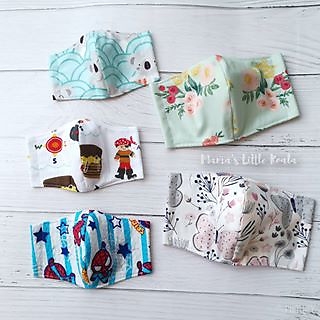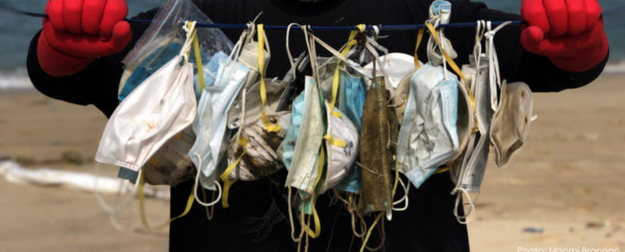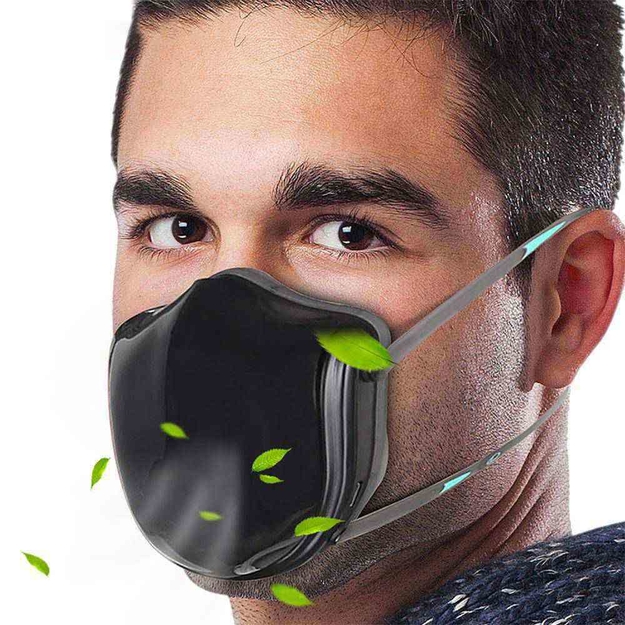Fake-Eco Evaluation: Reusable Health in times of Covid19
Are we masking the problem?
Plastic straws killing turtles. Sheet masks piling up in Indonesian coastlines. It is no secret that the formerly glorified single-use proliferation of products is no longer in vogue. No, it is in vogue -it is also just unsustainable, as ratified by the copious amount of studies over the past decades. Times of crisis such as the socio-political and sanitary emergency of the COVID-19, however, generate a double-edged ecodesign problem: if we wear single-use masks, are we killing the planet? If we don´t, are we killing ourselves?
This scenario could easily be dragged into a bipolarity: the environment against us (us being the humans), us against the environment, or generally the positioning of both parties as opposing sides. But reality is -as usual- much more complex. If we take an anthropocentric stand and assume that the preservation of human lives takes priority over a potentially slower if more damaging planetary decay, we need to consider several facts:
- Masks alone are, as per the World Health Organization, not a sufficient method of protection against the virus.
- There is an overall lack of PPE: personal protective equipment. Sanitary personnel is said to be the larger recipient of masks, yet several trading catastrophes have highlighted both the lack of efficient governmental organization and the existence of deficient masks -which don´t meet safety standards.
- There are three basic types of masks: home-made cloth masks, surgical masks and N95 respirators. The last two are deemed critical supplies reserved for sanitary personnel. Surgical masks are indeed disposable, thus ecologically questionable.
- Other single-use masks are informally catalogued in twp types: “selfish”, since they let the air particles flow out but not come in; and “generous”, since they stop particles coming out but do not protect against oncoming oness. Both these masks are inefficient.
- Even if flawed, single-use masks are not affordable for everyone. Prices have recently been regulated (about 1euro within European Union countries). Do the calculations: most countries have been confined for at least a month, that is a supply worth of 30 days for essential workers - thus 30euros, a price that excels the price of N95 masks (approximately USD. 28.95).
- Aute Couture and fashion industries have already capitalised on face masks: take a look at Louis Vuitton´s prices: USD 115.00. The impossibly high demand for masks has also guaranteed the exploitation of prices, and the ever-increasing amount of scams.
- The supposed deceleration of anthropogenic pollution during the worldwide confinement is over: discarded masks have found their way into the oceans and are being considered as a substantial hazard.
All of this confusing and at times chaotic, overlapping situations put “health” into perspective; particularly its fragility, in an ironic resemblance of the current planetary status. Is health only human? Our ecological crisis has not been relieved during quarantine -it continues, potentially aggravated. Are reusable masks the answer?
While not classified as medical devices, cloth masks are the only option for a large cohort of population. Even when an individual has the economic capacity to buy deficient single-use masks, perhaps cloth masks constitute a substantially robust alternative -if indeed protection levels are similar. Singapore-based sustainable wearables brand Mama’s Little Koalas has been producing cloth masks for children using a similar waterproof material to that found in surgical masks -most likely not as protective, yet certainly more useful than “generous” or “selfish” masks.
Environmental and human protection are not at odds with one another. The “slower” degeneration of the planet unavoidably leads to noxious environmental consequences which in turn have much more destructive capabilities. It is not a slower death, it is a masked one.


